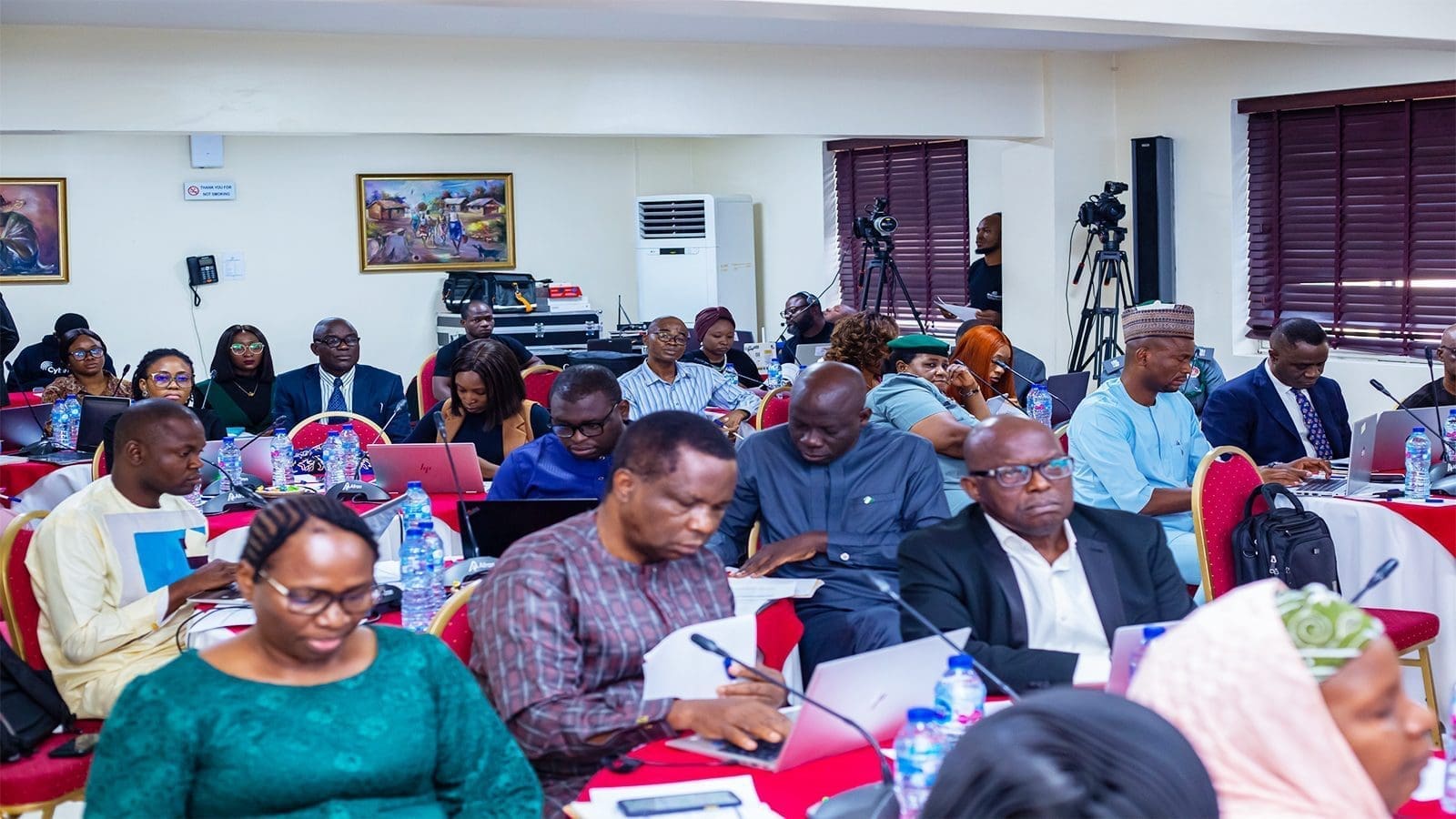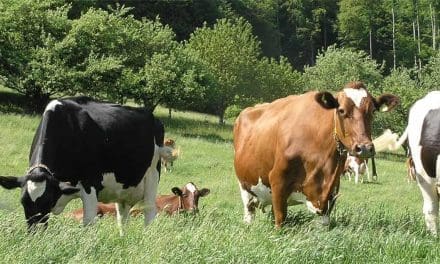NIGERIA – The Nigerian Economic Summit Group (NESG) is currently holding the Nigerian Food and Feed Safety Transformation Dialogue centered on developing a road map for the implementation of the country’s food safety legislation.
Held under the theme “Globally positioning Food Safety System in Nigeria: National Food Safety and Quality Implementation Roadmap”, this dialogue will be the first in a series of dialogues in the development of a roadmap of capacity-building activities in support of Nigeria’s food and feed safety modernization efforts in Abuja, Nigeria.
Nigeria’s food industry is subject to strict regulations. The nation runs a multi-agency, primarily sectoral food safety regulation system.
The three levels of government—federal, state, and local—have separate laws governing food safety.
Some of the main obstacles to improving food safety in the nation comprise a lack of knowledge of the socio-economic significance of food safety, a lack of data and information on the frequency of outbreaks of food-borne diseases, and a lack of comprehension of the food safety and quality standards outlined in international agreements.
Others include the inability to enforce compliance with international standards and global best practices, and a lack of infrastructure and resources to support scientific research.
As such, NESG noted that it is now more important than ever to realign Nigeria’s food safety system in order to properly handle food safety concerns.
The Group pointed out that if the food and safety bill before the national assembly is not voted into law, Nigeria will continue to be at risk of foodborne infectious diseases.
The Federal Ministry of Health’s Director and National Coordinator for the Food Safety and Quality Program, Mr. John Atanda, said in his welcome remarks that the national food safety management committee created the national food safety and quality bill, which is anticipated to foster cooperation and guarantee the wholesomeness of food consumed throughout the nation.
The bill examines food and feed businesses all the way down to the consumer. In essence, it seeks to guarantee consumer safety and high-quality food.
It will establish a broad framework that enables all interested government ministries and agencies to collaborate in order to ensure that there are no gaps in the control point, preventing the area from also becoming congested with regulatory activities.
“Phytosanitary conditions and barriers which appear mostly in food must be overcome to access those markets. We are dealing with malnutrition issues not just from the low quantity of food but the quality of food. Here’s an opportunity to deal with some of that.
“We can no longer behave as if it’s not important. Because of how critical it is, we must be in a hurry to pass the bill because it’s a question of national survival,” said Dr. Tayo Aduloju, the Chief Operational Officer of the NESG and Senior Fellow for Economic Policy, Strategy, and Competitiveness.
He said the implication of not having tighter and more proactive food safety and animal feed safety standards implies that “we are simply digging our national graves from a life expectancy point of view.” He said Nigeria urgently needs tighter, more predictable, and inbuilt regulations.
He also argued that not passing the bill into law would mean a constant high cost of doing business in Nigeria due to multiple regulations, which small and medium-scale enterprises have been complaining about.
With the passage of the bill into law, the cost of business operations is expected to reduce by streaming lines of control.
Team Lead for NEASSBER operations, Mrs. Nsikan Essien, backed him up, saying it would help Nigeria get the most out of the now-operational African Continental Free Trade Area agreement (AfCFTA), which has the potential to generate U.S$2.5 trillion in trade in food and agricultural commodities with the rest of Africa.
Mr. Boss Mustapha, the Secretary to the Government of the Federation, who was represented by Ms. Habiba Lawal, the Special Adviser to the Government of the Federation, stated that the Transformations Dialogue will offer a platform to address the challenges faced in food and feed safety.
He urged all stakeholders to collaborate and safeguard Nigerians from related health and economic concerns.
For all the latest food safety news from Africa and the World, subscribe to our NEWSLETTER, follow us on Twitter and LinkedIn, like us on Facebook and subscribe to our YouTube channel.








